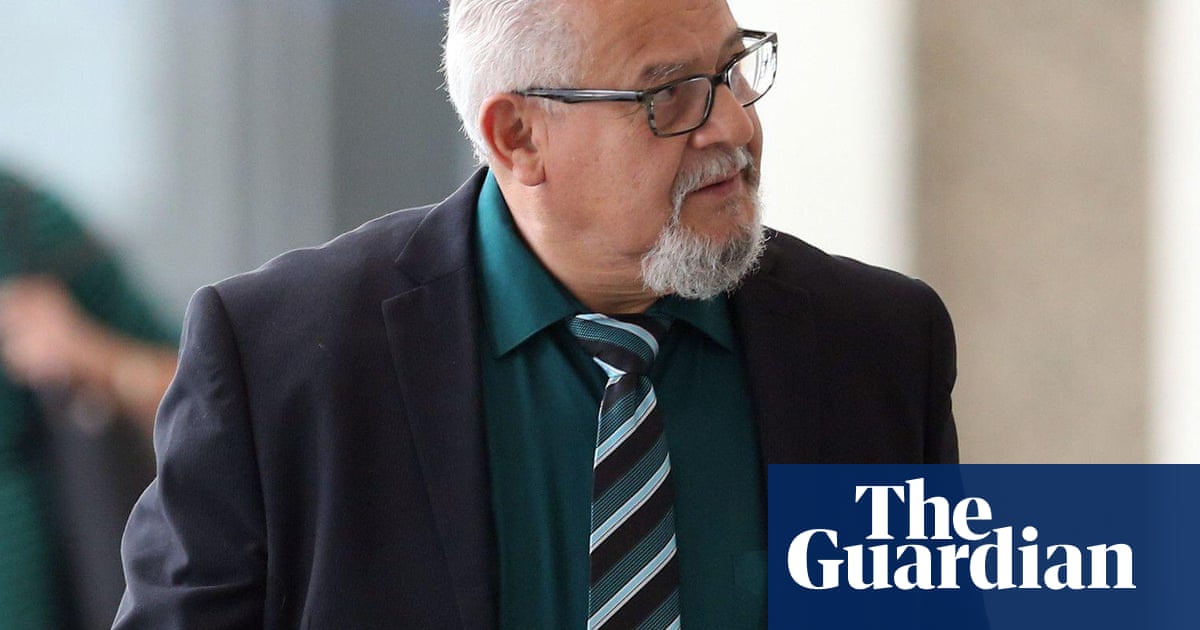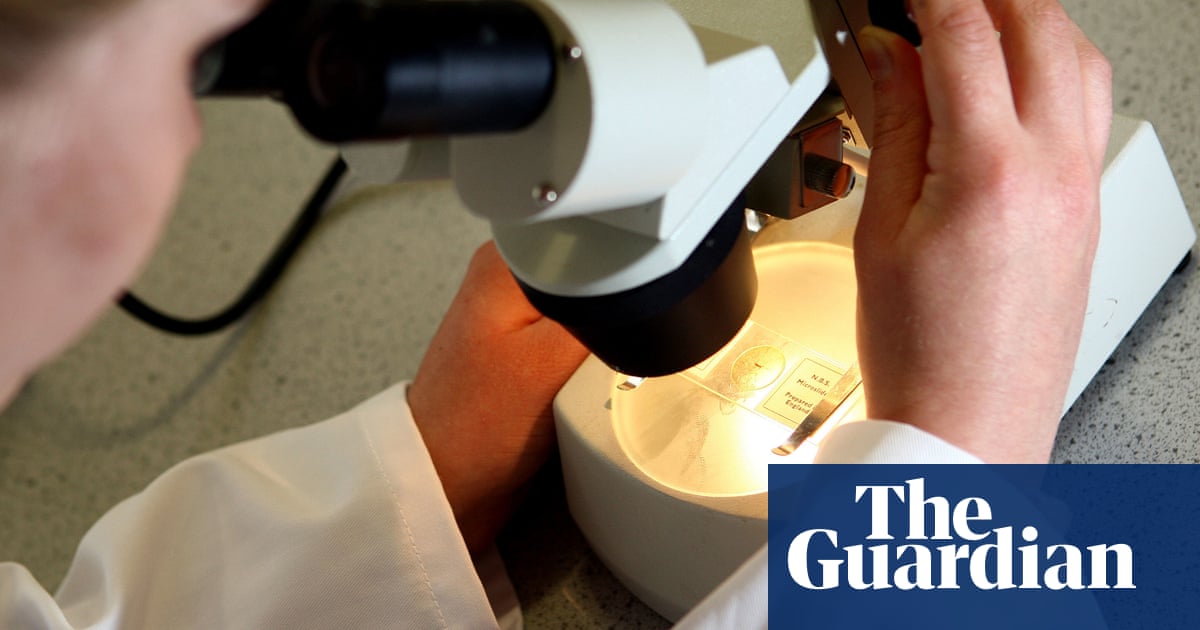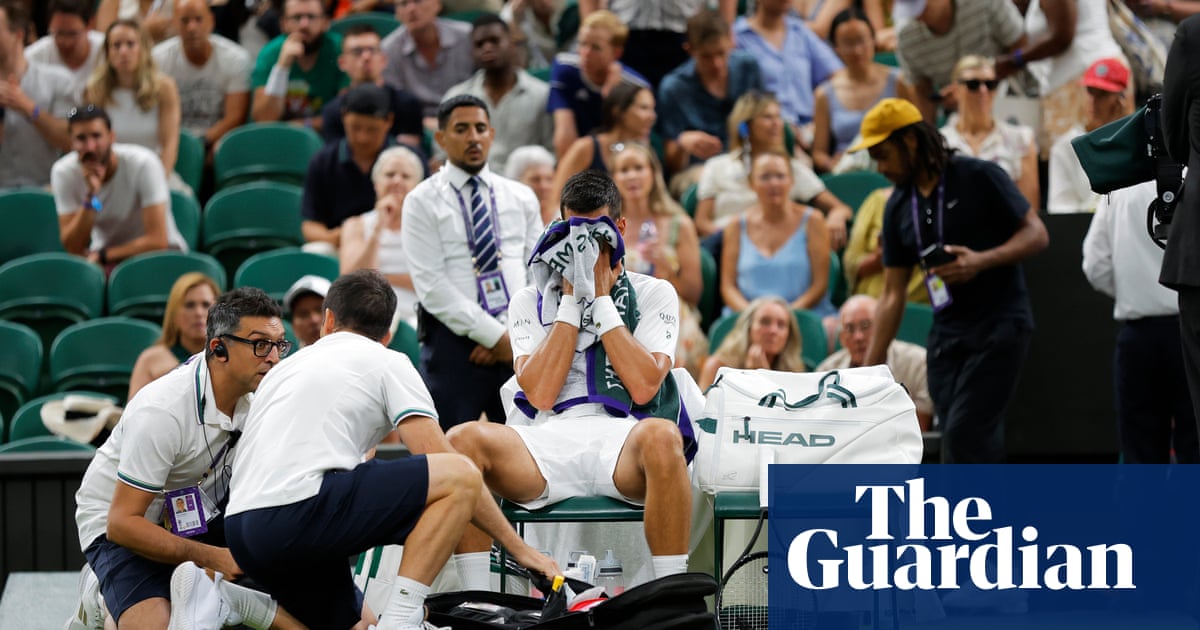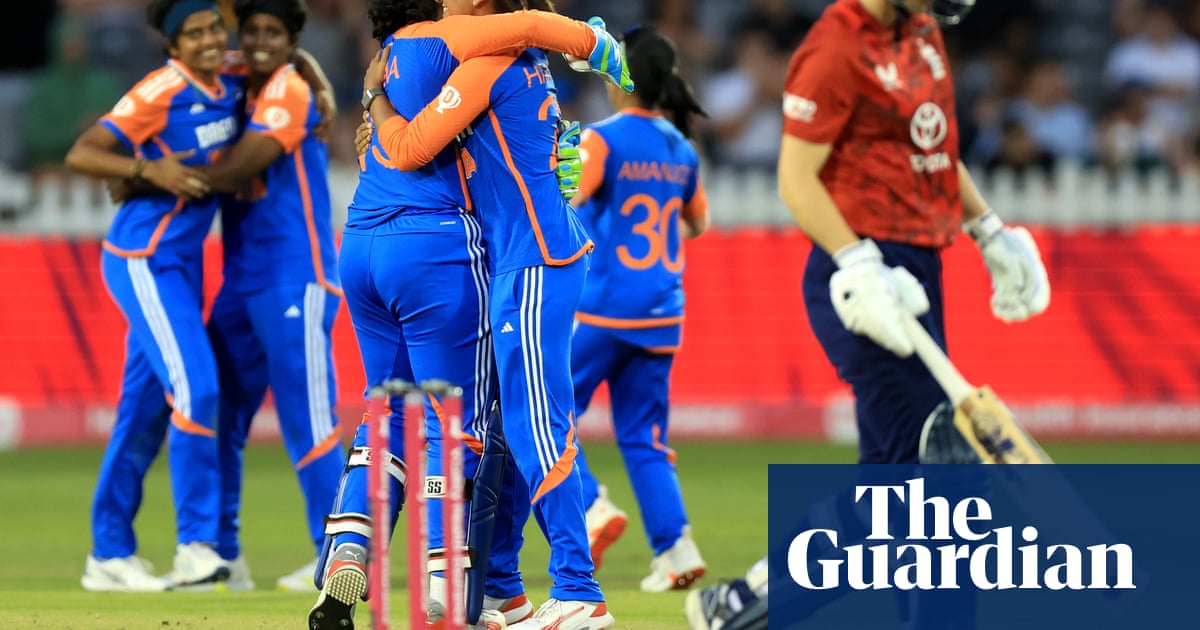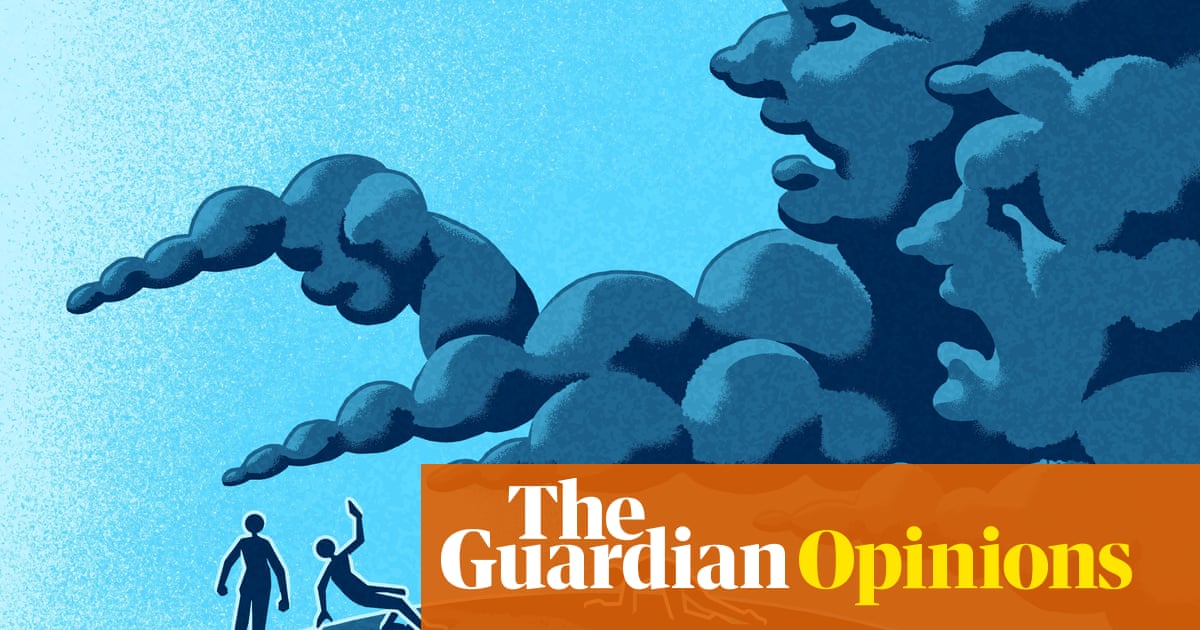Steve McQueen felt relieved when he was diagnosed with prostate cancer. He had no symptoms, was perfectly fit, at the peak of his game. Yet the Oscar-winning film-maker and artist believed it was inevitable. After all, his father had died from it, and he is a black man. The statistics speak for themselves. They are as overwhelming as they are bleak. One in eight men will get prostate cancer. They are two and a half times more likely to get it if their father or brother had it. They’re twice as likely to get it if they’re black – and they’re two and a half times more likely to die from it, too.
McQueen is here today with his urology specialist Prof Suks Minhas and surgeon Ben Challacombe to talk about the nitty-gritty of the disease that is killing so many men. But he believes he might easily not have been. If he had known as little as his father had, he may well be dead. McQueen feels grateful and guilty, and is determined to make people more aware. After all, prostate cancer is eminently treatable. And yet more than 12,000 men die from it in the UK every year – well over one an hour. Simply unacceptable, he says.
“I was always going to have prostate cancer. From the day I was born I was going to have prostate cancer.” There’s a degree of poetic licence in his statement, but not that much.
Minhas prefers to put McQueen’s chances at incredibly high. “I would say he’s not just got a family history, he’s got a lethal family history. So, while it wasn’t inevitable, it was probably more than 50-50 for you.”
His father, Philbert, was a tough man who had never taken a day off sick before he was diagnosed in 2000. “He had a couple of accidents, and that’s what triggered him to go to the doctor. My father sometimes wet himself. It was embarrassing for him. He wanted to get it sorted, and he went to his GP, and through that he discovered it was very advanced cancer.”

Never mind prostate cancer, the family hadn’t even heard of the prostate – a walnut-shaped gland in the pelvis that rests below the bladder and in front of the rectum. The prostate produces fluid that mixes with sperm to produce semen. Surrounding muscles help expel semen during ejaculation. “It was quite confrontational because I didn’t know what prostate cancer was. I didn’t know where it was. I didn’t know anything about it. And my father had a difficult time with it.” The problem was, as it still is today for many men, this is a subject he didn’t feel comfortable talking about. And, when it came to his health, Philbert McQueen wasn’t a talker.
“My dad was a very strong guy. He was a builder, a hard worker. He was always in work early, back at eight and went to bed. He lived for his friends at the weekend. He was never ill. He never had a cold once. Before my dad would go to hospital, he’d have to have a leg amputated,” McQueen says. “It’s a maleness that unfortunately leads you down the wrong path. And it’s an unnecessary path.” Was he genuinely never ill or just toughing it out? He smiles. “He was a bit headstrong. So when this happened it was like, oh Dad’s really not well. It was a shocker. The doctor got my dad to leave the room for something and then he told us. He said, ‘Your dad’s very strong, maybe he’s got about five years.’” Philbert was 61 at the time, and lived until he was 67. Did he know his diagnosis was a death sentence? “We never told him, but I think he knew.” What were those years like? “Not great. It was a struggle. The pain in the night because of the bathroom stuff, the difficulty trying to pee. It was horrible, actually.”
Challacombe, who operated on McQueen in 2022, nods in recognition as he talks. “There was so much less awareness back in the day,” Challacombe says. “The generation then didn’t speak about it.” If they did talk, it was in euphemistic terms. “They spoke about having a problem; a problem going to the toilet or the bathroom. Often, their family, particularly their children, were not aware what the diagnosis was. Men were not good at talking about it, and in many ways still aren’t.”
McQueen, 55, who was knighted in 2020 for services to art and film, had a tricky relationship with his father – and talking, or rather not talking, was at the heart of it. He adored Philbert, but they didn’t chat much; about anything, never mind cancer. “My dad was a geezer; a bloke. Men of a certain age thought children should be seen and not heard. It was difficult. I wanted something more from my father than he knew how to give. It was a strange relationship. This is the kind of dad my dad was. People would say, ‘Your dad’s brilliant, he’s so funny.’ And I’d be like, ‘Is he?’” McQueen acts out his surprise at being told this. “He was always good with other people. We didn’t get that off him. It was always about the front. So with this prostate thing he never complained until the very last moment.”
He and his father were very different men. While Philbert laboured with his hands all his life and found it difficult to talk about intimacies, McQueen was determined to be an artist communicating with his audience about all sorts of subjects – from the Troubles in Northern Ireland (Hunger) to sexual obsession (Shame), enslavement (12 Years a Slave), war (Blitz), the Holocaust (Occupied City) and black Britain (the wonderful Small Axe series made for television).
Another difference is that McQueen has been hugely successful. By the age of 30 he had won the prestigious Turner prize for his short films, and, in 2014, 12 Years a Slave won the Oscar for best feature film. He and Philbert moved in very different worlds, and there were tensions. “It was always a bit ‘There can only be one man in the house’ kind of thing.” Despite their difficulties, he was devoted to his father.
McQueen says it was awful seeing this superhero of a man become weaker and weaker – physically and in spirit. “I remember him lying on the floor one night. And he said, ‘I’m done. This is it, I’m done.’ So I went down and picked him up, and he was a big guy. I picked him up and said, ‘No, no, no, no, come on, sit up, sit up, and we just started talking about football. To see my dad on his back saying, ‘I’m done’ was awful because my dad was tremendously strong. Dad could lift two suitcases with one hand. Oh God, I’m sorry.” He’s welling up. “It was just very difficult seeing this strong guy, who I always looked up to become weak. It was horrible.”
Towards the end they weren’t getting on well, he says. By then his father had been hospitalised. “I came to the hospital. The last time I’d seen him we’d had an argy-bargy, and he was very weak and I just burst into tears. That’s never happened to me before – like an eruption. A volcano of tears exploding. My goodness. And we came together after that. I just sat there and held his hand. I left that day because I had to go to the States. I came back a week later and he’d passed away.”
Once Philbert had been diagnosed, McQueen found out everything he could about prostate cancer. He was appalled to discover that it affected black men so disproportionately. To this day, it’s not known why. Even Minhas and Challacombe – two leading experts – cannot explain. There is not a prostate cancer gene as such, though some studies show mutations in various genes play a role. But what they are certain about is that socioeconomic factors play a significant part in the prevalence of prostate cancer among black men.
Take work, for example, Minhas says. “Are you going to do a PSA test if you’re working all the hours God sends?” A PSA (prostate-specific antigen) is a simple blood test used to check prostate conditions, which men can request from their GP. “And we know men are less inclined to approach GPs and medical professionals, especially black men. If you look at studies, there’s a concept that it’s feminising; a sign of weakness. Women take up screening far more than men.”
A high PSA score can be a sign of prostate cancer, but it can also indicate an enlarged prostate, a urine infection or recent prostate stimulation. Meanwhile, it’s also possible to have a low PSA and still have cancer.
Minhas talks about his own father, who emigrated from India to Britain and was employed by a London sheet-metal factory. “When you’re working in a factory, you’re not going to be thinking, am I going to do a medical trial or go to Prostate Cancer UK if I get sick, you’re thinking, ‘Where am I going to get the next bit of money to feed my kids?’ We know the first-generation immigrants in this country were deprived and lived in deprived areas, and, to me, that is the issue at hand.”
So is this to do with class or race? Both, Minhas says. “Look at the films Steve has made. They’re about oppression and suffering. It stems from slavery; the perception of a white establishment that doesn’t resonate with ethnic minorities in this country. That’s the problem. If you look at institutions, although they might not be overtly racist, the same issues are still there as when I was a kid and people would call you names in the street.”
A report published last month by the NHS Race and Health Observatory revealed an alarming lack of trust among Britain’s ethnic minorities in NHS primary care providers – 51% of participants said they experienced some form of discrimination, with 38% of Asian participants and 49% of Black participants reporting that they felt they were treated differently due to their ethnicity.

For example, Minhas says, we know black men are disproportionately affected by prostate cancer, so the obvious thing to do is research to find out why. But it hasn’t been done. Why? “The BMA did a study in 2022 and found there were disproportionately fewer people from ethnic minorities in leadership roles. Why is that important in terms of prostate cancer, you might ask?” Simple, he says – white people are less likely to see the problem, let alone do something about it. He looks at Challacombe and apologises for getting on his high horse. “I’m sorry Ben, but the medical establishment is run by white people.” Minhas says that decisions are by and large taken with a white British population in mind. He cites his mother, a first-generation migrant from India. “My mum died of breast cancer. She got a letter in the post that said ‘Come for your screening’. Did that happen? No. She couldn’t read or write. There is health inequality in this country. Fundamentally, it is racist.”
Again, he apologises, this time to McQueen. “Steve is one of the kindest, nicest, most humble people in his position I’ve met in my life, but what drives me up the wall is the establishment.” Minhas is convinced that if it were white people who suffered disproportionately from prostate cancer by now we would know why and there would be a national screening programme in place.
It is shocking that there isn’t a screening programme for a cancer that affects more than 50,000 people a year. On average, there are 3,200 cases of cervical cancer in the UK a year. Since the early 1970s, cervical cancer mortality rates have decreased by 75% in women in the UK, according to Cancer Research UK. This is largely due to screening that detects and treats abnormal changes in the cervix before they can develop into cancer. By contrast, research has shown that prostate cancer mortality rates have increased by 16% since the early 1970s.
Prostate cancer screening guidelines are currently being reviewed, with recommendations expected by the end of the year. One reason why McQueen and the doctors are so eager to talk today is to encourage screening for high-risk groups to be set up, notably black men with a family history of prostate cancer.
Challacombe points out the significant gender differences when it comes to cancer prevention – partly because of the availability of breast and cervical screening, and partly because women are generally more health-literate than men. “You’ve got a population of women who are used to going to the GP because they have kids and they’re often the ones who take them. Whereas men could easily go from 16 to 50 and never contact the GP unless they have a problem. And it’s political. There’s a women’s health ambassador in the government. You don’t have a men’s health ambassador, and there should be one.”
And then there is the embarrassment factor. Few things challenge stereotypical notions of masculinity like prostate cancer. Infertility, erectile dysfunction, incontinence are all hard subjects areas for men to talk about. So many think it’s best to ignore the prostate. McQueen made a little-known short film called Embarrassed, which tackles this and begs black men to start talking about it. The message is clear: “Don’t let embarrassment stop you having this conversation. It may help you save someone’s life.” The film is fronted by four high-profile black male actors – Chiwetel Ejiofor, Morgan Freeman, Micheal Ward and Idris Elba. “I mention the film to people, and they say, ‘I didn’t see it,’” McQueen says. “The problem is, how d’you make people aware? I couldn’t have had better people.”
After his father died, McQueen started getting tested regularly for prostate cancer. Again, it highlights a difference between him and his father. McQueen was a successful film-maker who could afford to go private and get the best treatment. And he knows it made a practical difference.
He had been getting tested regularly for five years when he went for his checkup with Minhas. He had no symptoms and his PSA level wasn’t high but it was steadily rising, and the rate of change over time was higher than expected. Minhas sent him for an MRI scan and biopsy, and the results came back positive. McQueen had early-stage prostate cancer.
“Thank God he’s a hypochondriac!” Minhas says. Many men in McQueen’s situation would not have gone to a doctor when they were symptom-free. And if they had, they probably wouldn’t have been referred for tests while still within the normal PSA range.
This is another difficulty with prostate cancer. “Pretty much all the men with symptoms have got an enlarged prostate rather than prostate cancer,” Challacombe says. He apologises for getting technical. “It’s the middle of the prostate that grows and squeezes the pipe. Prostate cancer grows on the outside and doesn’t squeeze the pipe until it gets quite advanced. So if two blokes come to see me, and both have a PSA of four [considered high], and one has bad symptoms and one has no symptoms, I’m worried about the one with no symptoms, while everyone else thinks you’re going to be worried about the one with symptoms. That is a message the medical press consistently get wrong.’”
after newsletter promotion
On 15 October 2022, McQueen got his diagnosis. He remembers the date because he was in Los Angeles to receive the Academy Museum Vantage Award, an honorary Oscar for work helping to “contextualise and challenge dominant narratives around cinema”. He was hiking in the Hollywood hills with his wife and mother of his two children, Dutch writer and film-maker Bianca Stigter, when he received the call. How did he feel? “The only time I felt really low was when I was on the hike with Bianca, and I came back and was fine. That night I gave a speech about the industry in front of, you know, George Clooney and Julia Roberts and the whole of Hollywood, basically, and it was funny because I’d been told that day I had cancer. It was a beautiful high and low.”
“That must have been pretty stressful,” Challacombe says. “You’ve got that all internalised, you can’t tell anyone, and you’ve got to get on stage and do a speech.”
“No, I felt liberated,” McQueen says. “I felt very powerful.”
He looked for a surgeon and was recommended Challacombe. He was making Blitz, about London in the second world war, and initially thought he’d wait until that was finished for the operation. Challacombe explained to him that the op would result in infertility.
“I had no problems with that,” McQueen says. “I don’t want any more kids, so that’s fine.” He is a renowned workaholic and soon realised he couldn’t focus on the film with the operation pending, so he opted to have it mid-shoot, in November 2022. Amazingly, he was back at work two weeks later.
Surely that’s not normal? “There was a bit of pressure to turn him around quickly enough so he could get on with doing his job because there was a lot of insurance money involved if they lost weeks of filming,” Challacombe says.
“I was surprised he went back so soon,” Minhas says. “I remember nagging him and saying, ‘You’re being a bit crazy here!’” Did he listen? “Oh no!”
McQueen didn’t tell anyone on the set that he had cancer or that he’d had an operation. “I was in hospital for two days, then I was at home doing things on my laptop. I didn’t want anyone to know about it at the time because you have 200 people on the set and if they’re asking how you are all the time …” He trails off. “Leave it out, would ya!” he says in his best mockney. “You just want people to be focusing on the work rather than on you. So nobody knew about it until two years later.”
What operation did he have? Well, if you want the title in its full glory, Challacombe says, it’s a bilateral, nerve-sparing radical prostatectomy. “We were trying to remove multiple small tumours in his prostate while preserving what we call his ‘functional outcomes’, which is a nerdy way of saying trying to make sure he goes back to his erections and continence as quickly and as well as he could.”
“The funny thing is, the day after the operation, I thought I’d better not get an erection, because I had the catheter in. But I could feel, ‘Oooh, I can!’ D’you remember?” McQueen asks Challacombe.

“I’m not sure that you want to put that in the Guardian,” Challacombe says. “But that was great. If that happens, that’s a really good sign you’re going to recover, so I love it when blokes say that.” He says that this becomes obvious surprisingly quickly. “Not everybody will know this, but when they go to sleep blokes get nocturnal erections. It’s just part of the physiology of being a bloke.”
I ask McQueen if he is fully functional now. “Yes, thank God,” he says.
Even if he hadn’t fully recovered, of course it would have been worthwhile, McQueen says. But, as it is, things could not have gone better. “The whole thing was a great experience,” he says. The two doctors laugh. “Oh, come on!” Challacombe says. “It wasn’t a great experience! It was the least bad it could have been!”
The three of them talk about what we can do as a society to make men, and particularly black men, more aware of regularly checking their prostate.
“We sent out about 5,000 letters in Southwark, Lambeth and Lewisham encouraging people to go for PSA testing, and the hospital was worried that we were going to be overwhelmed,” Minhas says. “We had about five people come.”
“Five!’ McQueen repeats, horrified. Letters in the post are not the answer, they conclude. They mention a couple of people who have ingeniously raised awareness through their work – ex-car mechanic Errol McKellar offered 20% off MOTs to any men who had had PSA tests, while hairdresser Mark Rayment launched Barbers Against Prostate Cancer, realising that barbershops are ideal community spaces in which to promote testing. Then there is the Man Van, often stationed at football grounds offering PSA tests. “It has shown far higher engagement from ethnic minorities than if they’d just been sent letters by the GP,” Challacombe says.
The more we know, the more we are in a position to demand action. Challacombe mentions a significant study in Malmö – while four is generally regarded as a high PSA score, this research revealed the risk of serious prostate cancer that has spread outside the gland is 10 times higher if the PSA is above 1.6 when men are in their 40s.
It’s inspiring to see three men so determined to make a difference. McQueen tells me he has so much to thank the two doctors for. But, ultimately, and to his great sadness, he believes that he owes his life to his father. “My father saved my life because I wouldn’t have done anything if it hadn’t been for his cancer,” he says.
A month after meeting McQueen I read that his great friend Alex Wheatle has died of prostate cancer. The novelist was 62. Wheatle had a remarkable life. He spent much of his childhood in the Shirley Oaks care home in Croydon where many children were abused, was jailed for his part in the 1981 Brixton riots, and was awarded an MBE for his services to literature in 2008. McQueen made him the subject of a Small Axe film, simply titled Alex Wheatle.

McQueen calls me. He is clearly devastated. “Alex was like a Zelig character. You could see the world through his eyes. He wrote for children because he always understood the full potential of children. He always went back to youth to say, ‘Look, this is what you can be!’ He was a beautiful man.” And he was another man insufficiently aware of prostate cancer and so was diagnosed too late. “The thing is Alex is dead and I’m alive. I knew to look out for it, and he didn’t. And that makes me upset. I was talking to a relative the other day and she said, ‘You’re lucky.’ And I hated hearing that. Hated hearing it. It really upset me. Because it’s just this stupid information that could have saved people’s lives. It’s upsetting that my dad died. It’s upsetting that Alex died, it’s upsetting that so many men are dying, particularly black men. People are dying unnecessarily, and it’s foolish.”
He asks me when the article’s coming out. There’s a sense of urgency about him. “I just want to help save lives,” he says.

 2 months ago
66
2 months ago
66









